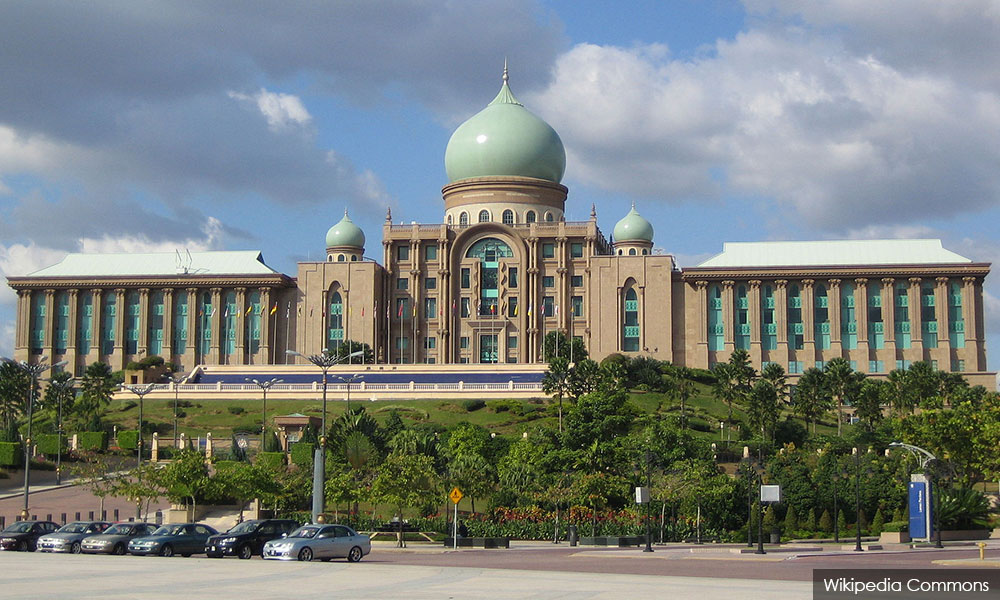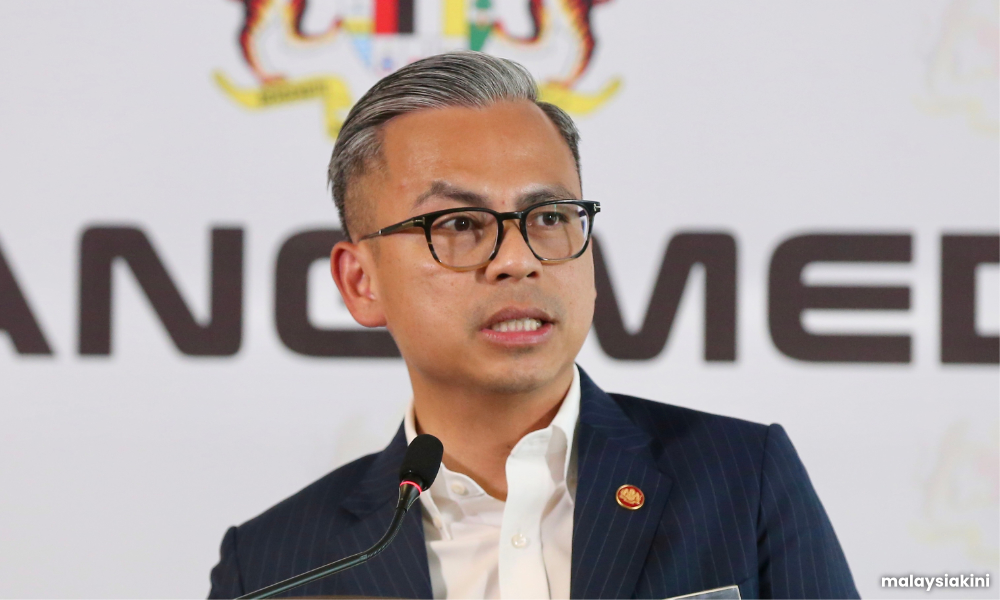EDITORIAL | Malaysiakini is concerned with the government’s decision to introduce its own ethics code for journalists, which also empowers the Information Department to revoke media passes.
We support that the media should uphold public interest, be accurate, provide the right of reply, have integrity, be just, protect sources, avoid conflicts of interest, understand laws and strive to improve.
However, it has always been our stand that the media should regulate themselves through a media council or a similar body, and not the government.
The government had said its code is merely an update of the Malaysian Press Institute’s version in 1989, which the department has been using as a guideline.
Therefore, it is puzzling why the government would produce an ethics code when the media council was supposed to be set up this year, with the bill brought to Parliament in July.
The media council draft bill outlined that the council would be empowered to formulate its own code of conduct for journalists.
As such, the government and the Information Department could have used the media council’s code as their guideline.
Instead, a code of ethics from the media council has been treated as an afterthought.
Potential misuse
Further, Communications Minister Fahmi Fadzil indicated that a code from the council would be effectively inconsequential to how the government deals with the media.
Malaysiakini views this as a lack of sincerity on the part of the government in empowering the media to self-regulate.

Malaysiakini is also concerned with the lack of clear guidelines for appeal should a media outlet be deemed by the department or the government to have violated its ethics code.
We would also like to point out that while the language in the ethics code might appear innocuous, so too was the Fake News Act introduced by the Najib Abdul Razak administration at the height of the 1MDB scandal.
Just as with the now repealed Fake News Act, Malaysiakini is concerned that the government - be it the current administration or its successors - could use the code of ethics to punish media organisations which do not conform to the official narratives and silence valid criticisms.

There have been countless instances where those in government have accused the media of spinning, spreading falsehoods or being biased when confronted with valid allegations of wrongdoing.
Even highlighting injustices can at times be branded as being racist towards those who are accused of being unjust.
Such fears are not unfounded.
In March 2023, Fahmi accused Berita Harian of slander when it reported a forecast that the overnight policy rate would be increased by July of that year. A rate hike happened in May 2023.
Cards provide access
Media cards are essential to journalists because these cards provide access to key reporting events such as parliamentary sittings and press conferences by ministers.
Malaysiakini understands what it means not to have this access because the government had arbitrarily decided not to issue media cards to its journalists for almost a decade.
It was only in July 2008 that the government recognised Malaysiakini and other online media and issued media cards.

However, even then, up until 2018, Malaysiakini was not always granted access to government and ruling party events - underscoring the arbitrary control imposed on the media.
There is no reason to roll out yet another layer of control in the name of “ethics”, allowing the Information Department to determine the fate of media.
Whatever the difficulties or obstacles, Malaysiakini has continued reporting and will keep reporting the news and views that matter.
And we will continue advocating for media freedom in Malaysia.

